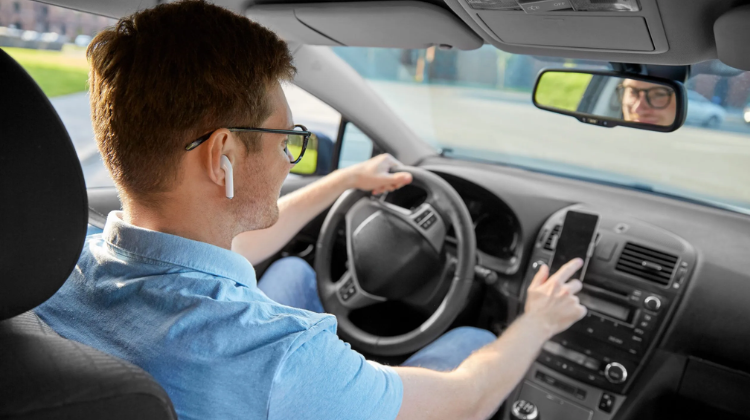Is It Illegal to Drive with Headphones in Tennessee? Driving laws differ from state to state in the United States, and one common concern among motorists is whether wearing headphones while driving is legal. In Tennessee, the regulations surrounding this issue are important to understand, as they directly affect road safety and compliance with traffic laws. Unlike some states that have explicit bans, Tennessee takes a nuanced approach when it comes to driving with headphones.
The state of Tennessee does not have a blanket law that outright prohibits wearing headphones while driving. However, drivers must be cautious, as using headphones in a way that interferes with hearing emergency vehicles, horns, or other critical sounds on the road can be considered a violation of general traffic safety rules. This means that while the law does not explicitly forbid it, enforcement can occur under distracted or impaired driving statutes.
One of the main reasons safety experts discourage driving with headphones is the reduced ability to hear external sounds. Sirens, car horns, and even the sound of approaching vehicles provide essential auditory cues that help drivers make quick and safe decisions. If headphones block out or reduce these sounds, the driver may be at greater risk of missing important signals, leading to accidents or legal consequences.
Tennessee law emphasizes attentive driving, and distractions of any kind can lead to charges of reckless or inattentive driving. While listening to music or taking phone calls through a vehicle’s hands-free system is permitted, placing headphones in both ears creates a potential hazard. This can result in law enforcement officers pulling drivers over if they believe headphones are compromising situational awareness.
It is also worth noting that Tennessee, like many states, requires drivers to yield to emergency vehicles. If a driver fails to notice sirens because headphones blocked the sound, they may face penalties not just for inattentive driving but also for failing to yield to an emergency responder, which carries significant fines.
Some drivers argue that using one earbud instead of two allows them to stay connected without losing awareness of their surroundings. While Tennessee law does not specifically regulate one-ear versus two-ear use, keeping one ear free is generally considered a safer and more legally defensible practice. Law enforcement officers tend to evaluate whether a driver was capable of hearing and responding appropriately rather than simply checking for headphone use.
Technology alternatives make it easier to comply with safe-driving practices. Bluetooth-enabled car systems, speakerphone functions, and built-in infotainment systems allow drivers to enjoy music or take calls without obstructing their hearing. These solutions not only help avoid legal issues but also significantly improve safety on the road.
Another factor to consider is insurance liability. If a driver wearing headphones is involved in an accident, even if Tennessee law does not explicitly forbid headphone use, insurance companies and opposing legal parties may argue that headphone use contributed to negligence. This can affect claims and potentially lead to increased financial responsibility.
To sum up, while Tennessee does not have a direct statute declaring it illegal to drive with headphones, drivers should treat the practice with caution. The broader distracted driving laws can apply if headphone use is deemed to impair a driver’s ability to operate a vehicle safely. Choosing safer alternatives, such as using a car’s built-in hands-free system, is strongly advised to avoid legal issues and protect road safety.
Ultimately, the question is not just about legality but responsibility. Driving requires full attention to visual, physical, and auditory cues. Even if headphones are not expressly banned in Tennessee, prioritizing safety by keeping both ears open to the road is the most responsible choice for any driver.
To sum up, while Tennessee does not have a direct statute declaring it illegal to drive with headphones, drivers should treat the practice with caution. The broader distracted driving laws can apply if headphone use is deemed to impair a driver’s ability to operate a vehicle safely. Choosing safer alternatives, such as using a car’s built-in hands-free system, is strongly advised to avoid legal issues and protect road safety.
Ultimately, the question is not just about legality but responsibility. Driving requires full attention to visual, physical, and auditory cues. Even if headphones are not expressly banned in Tennessee, prioritizing safety by keeping both ears open to the road is the most responsible choice for any driver. is it illegal to Drive with Headphones in Tennessee

